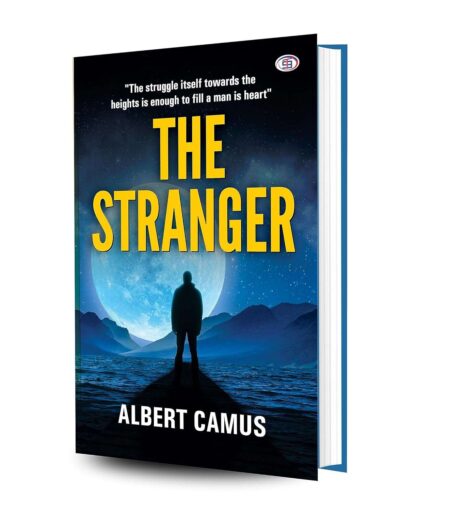Description
“Wonder” can refer to various concepts, depending on the context:
- Sense of Awe and Amazement: “Wonder” often describes a feeling of awe, astonishment, or admiration in response to something extraordinary, beautiful, or unexpected. This could include marveling at the wonders of nature, such as a breathtaking sunset or a starry night sky, or being captivated by the achievements of human creativity, innovation, or ingenuity.
- Curiosity and Inquiry: “Wonder” can also describe a state of curiosity, inquiry, or questioning about the mysteries of the universe, the complexities of life, or the unknown. It reflects a desire to explore, discover, and understand the world around us, often leading to new insights, discoveries, and revelations.
- Miracle or Remarkable Event: In some contexts, “wonder” may refer to a miracle, miracle, or remarkable event that defies explanation or rational understanding. This could include supernatural phenomena, extraordinary occurrences, or instances of divine intervention that inspire awe and wonder in those who witness them.
- Quality of Something Remarkable: “Wonder” can also describe the quality of something remarkable, extraordinary, or exceptional. This could include works of art, literature, music, or other creative expressions that evoke a sense of wonder and admiration in those who experience them.
Overall, “wonder” encompasses a range of meanings related to awe, curiosity, admiration, and amazement, reflecting the capacity of the human mind and spirit to be inspired and uplifted by the wonders of the world around us.













Reviews
There are no reviews yet.